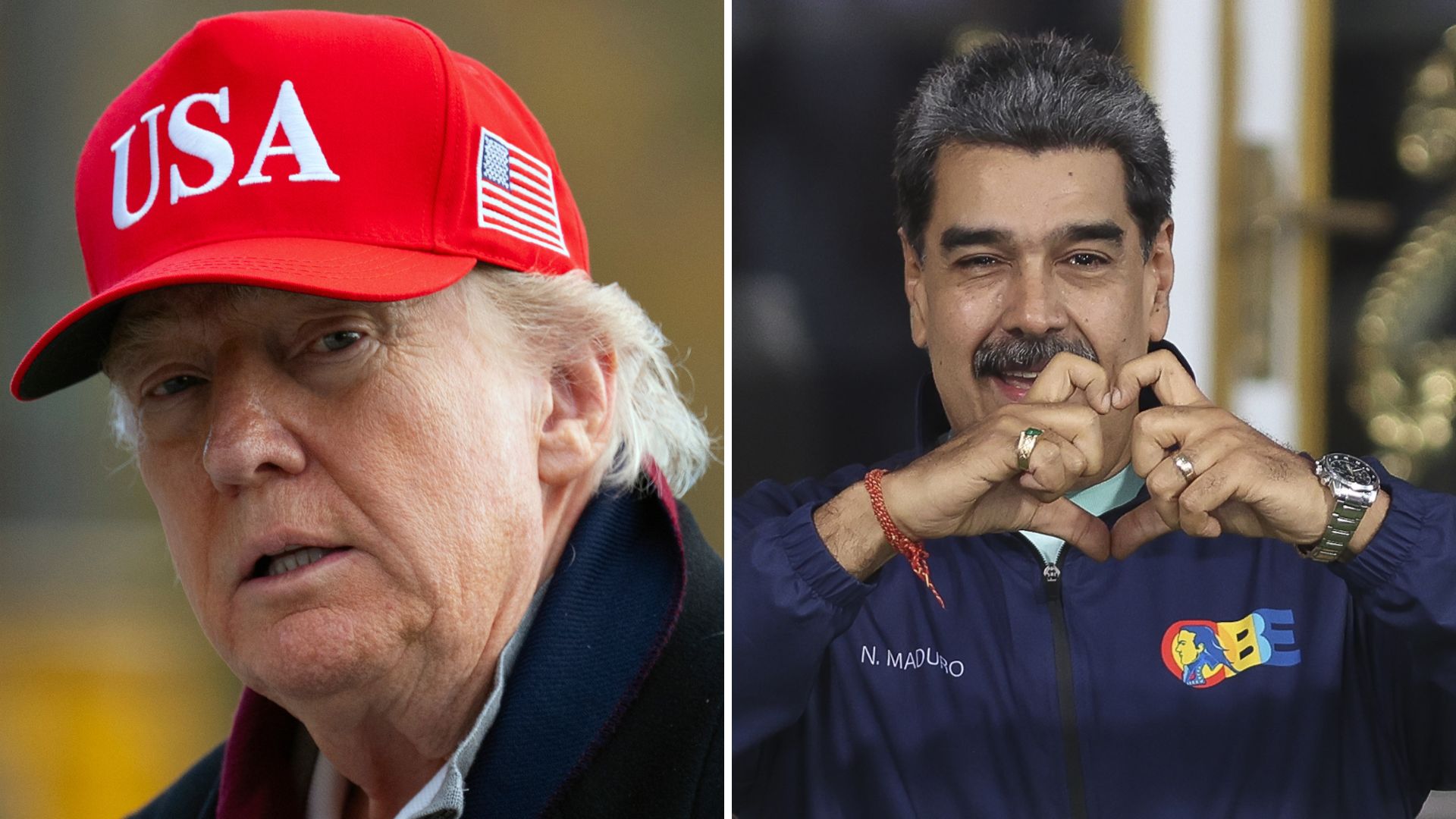
The Trump administration has designated Venezuelan Nicolás Maduro and key figures in his government as members of a foreign terrorist organization, further escalating tensions between the two countries in the context of Trump's declared war on drug cartels.
What will become of Nicolas Maduro? With a $50 million bounty on his head, the CIA openly active in Caracas and US forces mustering in the Caribbean, pundits and politicians throughout the Americas are opining on the Venezuelan president's fate. | Analysis
While officials present the move as part of a broader crackdown on narcotrafficking, many observers say it is primarily aimed at increasing pressure to push Maduro's government out of power.
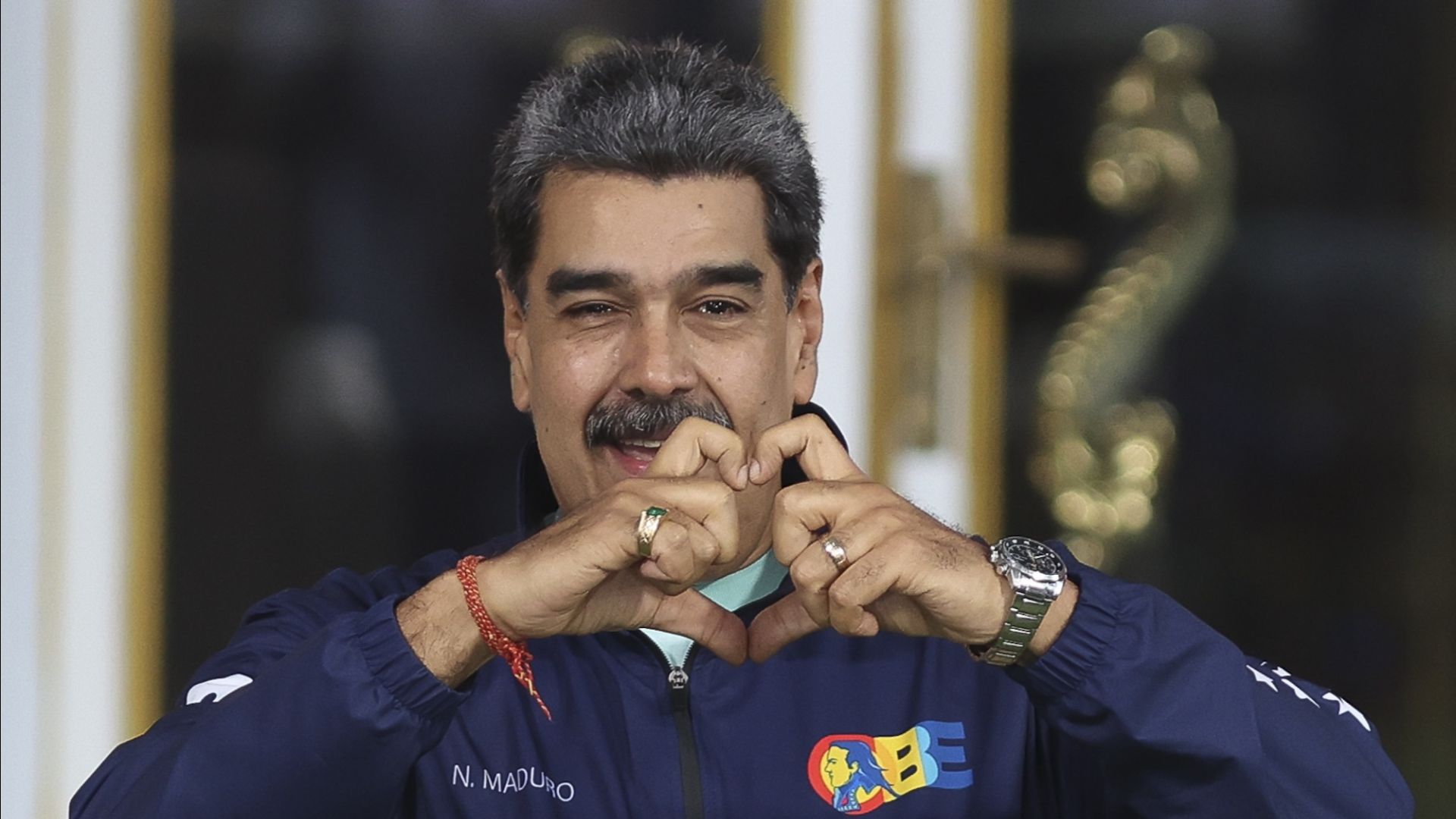
Trump's latest escalation
The Trump administration's latest escalation comes at a moment when tensions in and around Venezuela are already at a peak.
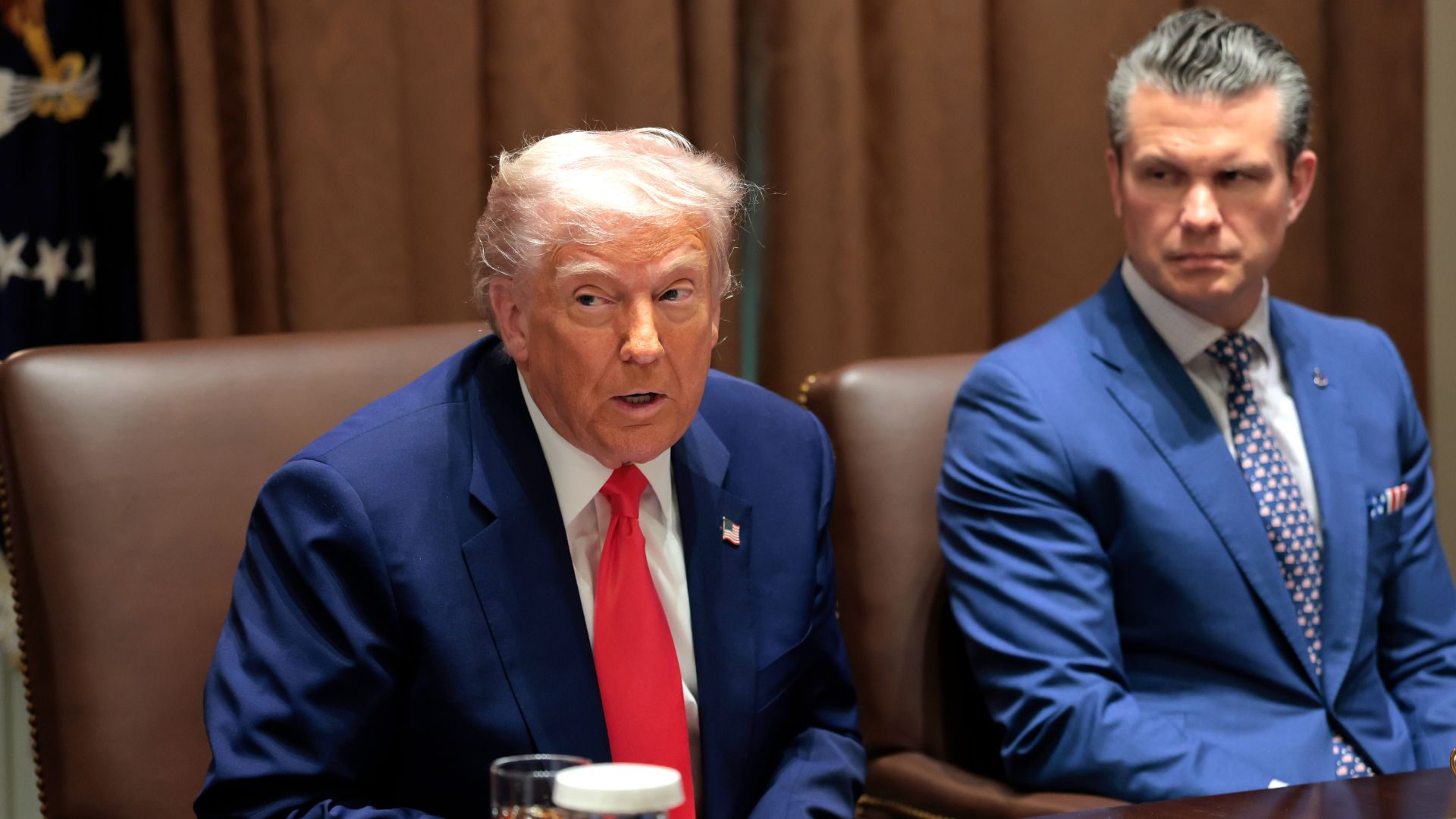
Multiple international airlines have canceled flights to the country after the Federal Aviation Administration warned of a «worsening security situation» amid a growing U.S. military buildup in the region, adding a new layer of uncertainty and isolation as Washington moves to formally label Nicolás Maduro and his allies as part of a foreign terrorist organization.
With this almost unprecedented move by a U.S. president — designating a sitting foreign head of state as a member of a terrorist organization — Trump is turning up the pressure to maximum levels in a way that risks isolating Venezuela even further. Behind the designation is a strategy that could open the door to new sanctions, tighter restrictions on travel and financial transactions, and push even more international companies to pull out of the country, deepening its economic and diplomatic isolation.
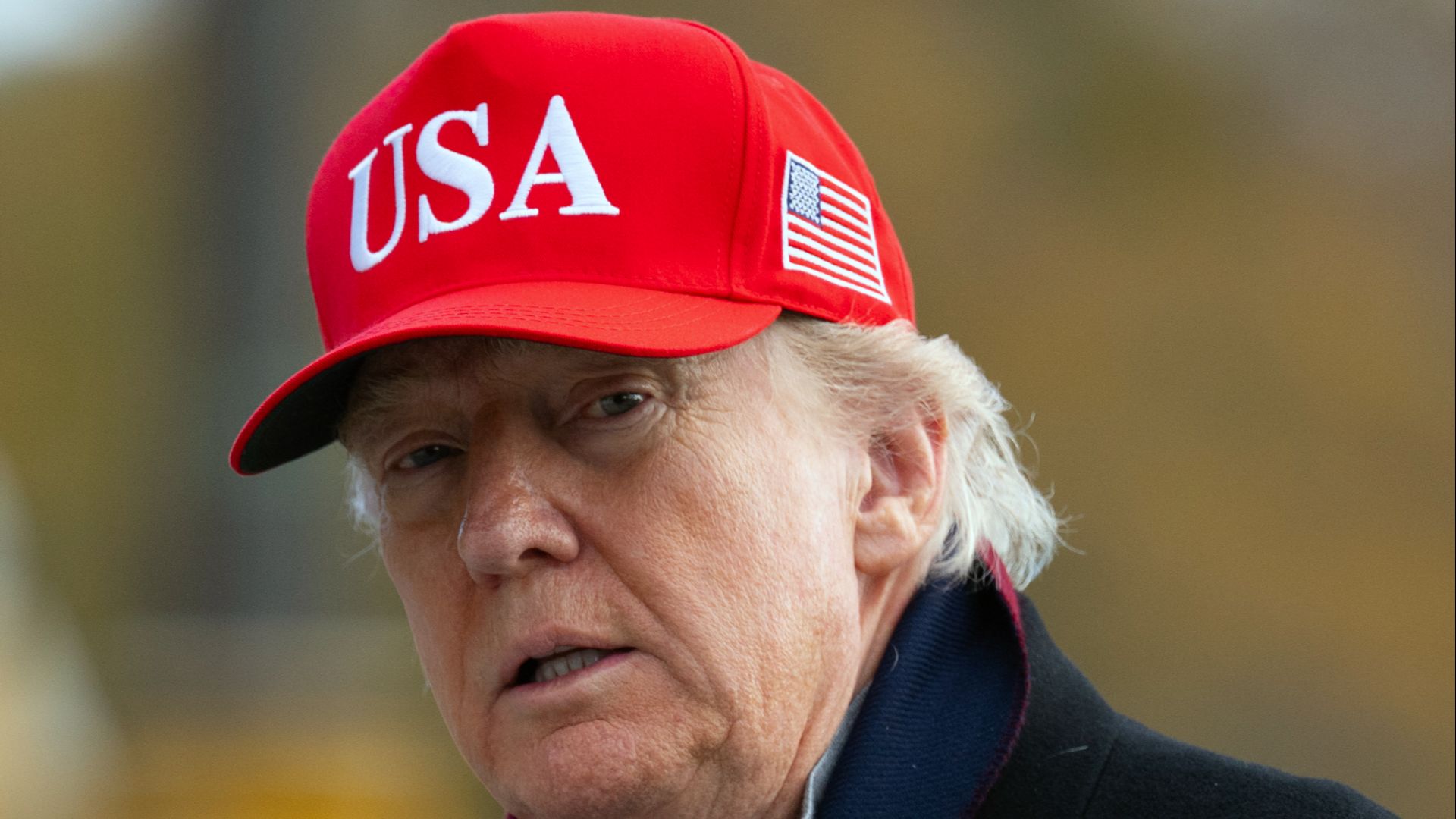
In a legal gray zone
Since early September, the United States has repeatedly bombed small boats it claims are run by Venezuelan drug cartels, striking them in the Caribbean and eastern Pacific. As of mid-November, there have been 21 airstrikes on 22 vessels and leaving 83 people dead.
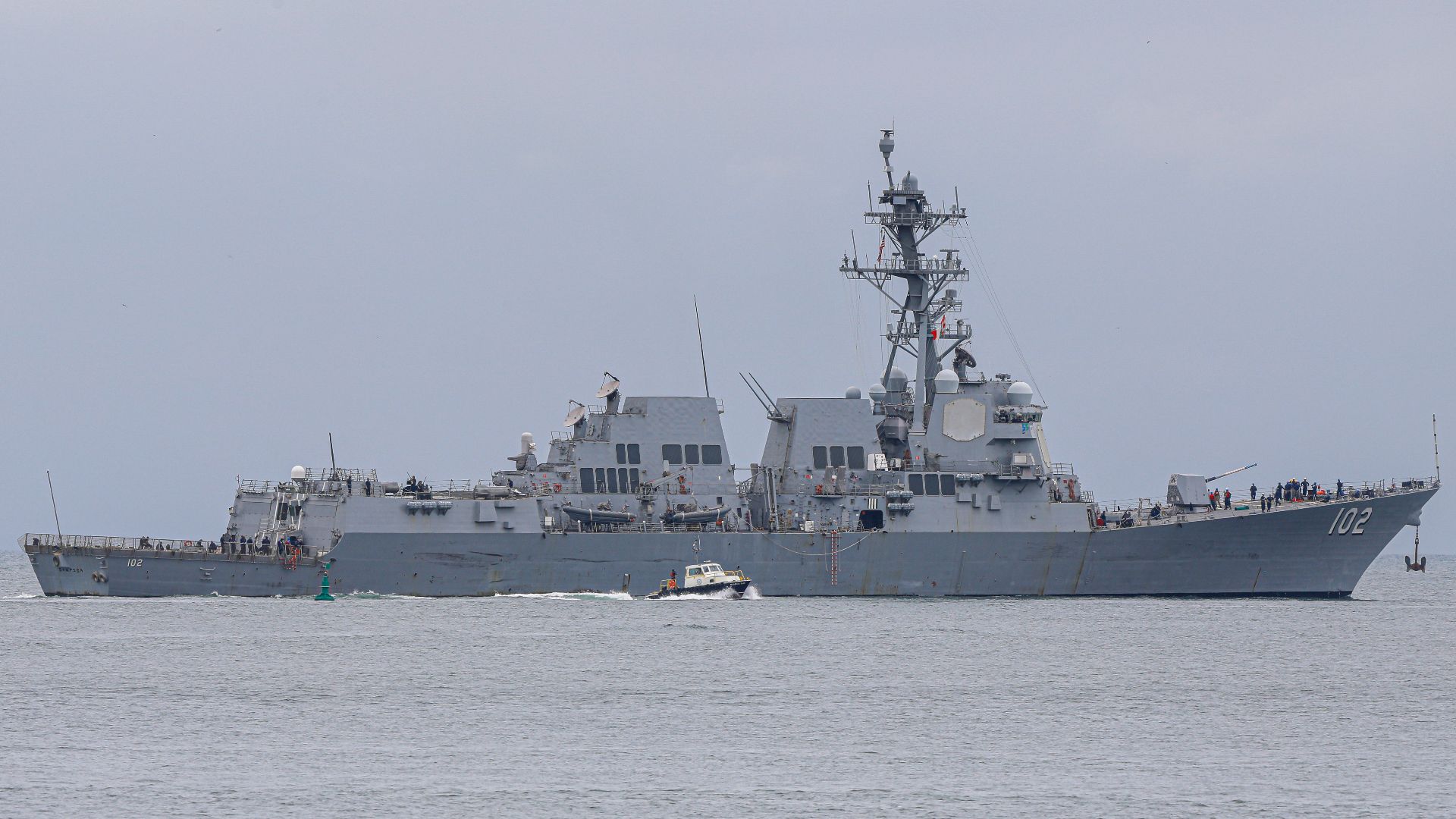
Trump's hard-line approach has triggered mounting unease abroad, with allies and rights groups warning it blurs legal boundaries, undermines due process and risks fueling a wider regional crisis — concerns underscored by the U.K.'s recent decision to halt the sharing of certain classified intelligence with Washington.
Multiple international airlines have canceled flights to Venezuela after the Federal Aviation Administration warned of a “worsening security situation” in the South American country amid a U.S. military buildup in the region.